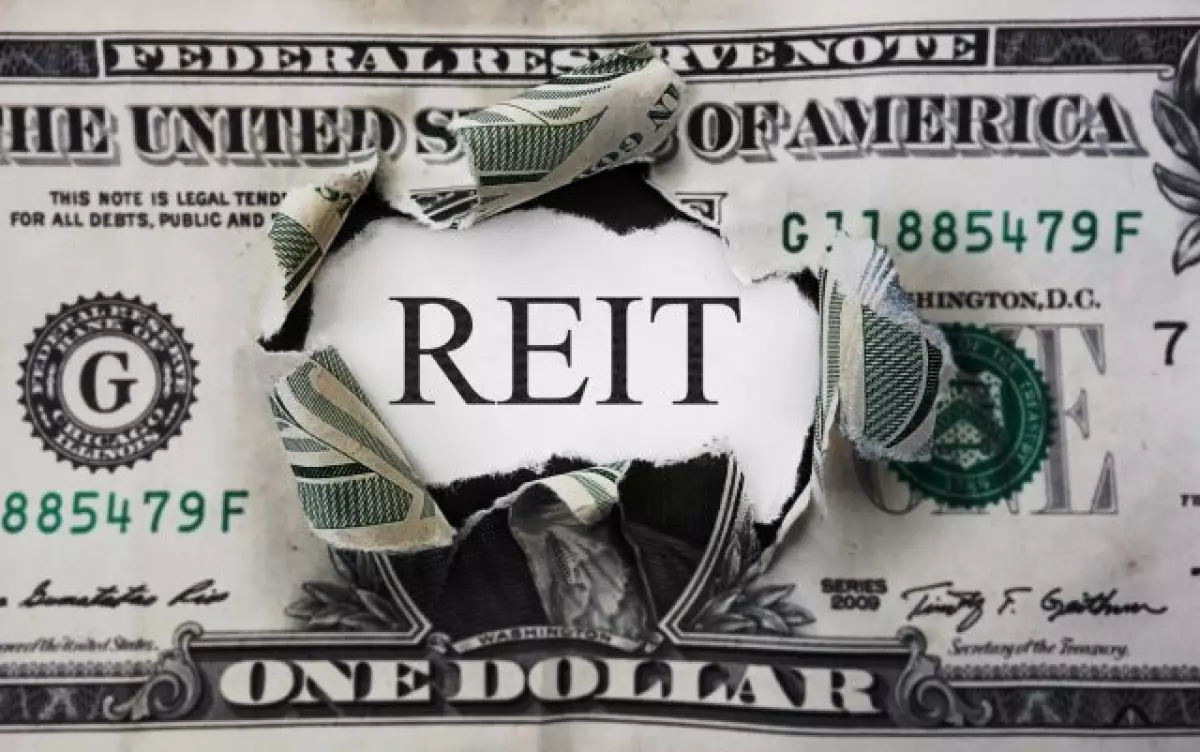Investing in real estate investment trusts (REITs) can be a lucrative opportunity for shareholders. However, shareholders in Lightstone Value Plus REIT I, Inc., Lightstone Value Plus REIT II, Inc., and/or Lightstone Value Plus REIT III, Inc. (collectively referred to as the "Lightstone REITs") may have potential arbitration claims if their investments were recommended without a reasonable basis or if the nature of the investment was misrepresented by their financial advisor.
 Image: Shareholders of Lightstone Value Plus REITs may have arbitration claims
Image: Shareholders of Lightstone Value Plus REITs may have arbitration claims
The Lightstone REITs were sold to the public at different periods starting from 2006 for Lightstone I, 2009 for Lightstone II, and 2014 for Lightstone III. Surprisingly, despite the passage of over fifteen years for Lightstone I, none of the three Lightstone REITs have been listed on a public exchange or become liquid.
Recently, the Lightstone REITs sought shareholder approval for significant charter amendments, including the elimination of durational provisions that require seeking a listing on a national stock exchange or liquidity within a certain timeframe. Additionally, fiduciary duties owed to the REITs and shareholders, as well as certain protections in the event of a "roll-up" transaction, were also targeted for elimination.
Management argues that these proposals aim to provide more flexibility and potentially facilitate a liquidity event. However, critics argue that shareholders are being asked to surrender essential rights without a clear plan for the REITs to become liquid.
Non-traded REITs, like the Lightstone REITs, often present risks that may not be immediately apparent to retail investors. These complex investments are frequently recommended without adequate explanations by financial advisors and stockbrokers. One significant risk associated with non-traded REITs is the high up-front commissions, typically ranging from 7% to 10%. Furthermore, investors are usually charged additional due diligence and administrative fees ranging from 1% to 3%.
Another crucial consideration is the illiquidity of non-traded REITs. Unlike traditional stocks and mutual funds that trade on national exchanges, non-traded REITs lack a public market. This limited liquidity can restrict investors' ability to exit their investment positions. Typically, investors can only redeem their investments directly with the sponsor, often at a disadvantageous price, or through sales in a limited secondary market.
If you are a shareholder who believes you may have a claim, it is advisable to consult a securities arbitration lawyer. The Law Office of Christopher J. Gray, P.C. can provide you with a confidential consultation at no cost. Our attorneys are admitted in New York, Wisconsin, and various federal courts nationwide.
Contact the Law Office of Christopher J. Gray, P.C.:
- Phone: (866) 966-9598
- Email: [email protected]
Please note that this article is intended as attorney advertising and not an official announcement.
Disclaimer: The information presented here is for general informational purposes only and does not constitute legal advice. You should consult with an attorney for advice regarding your specific situation.

















